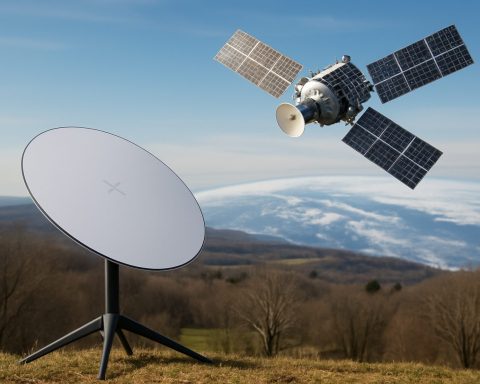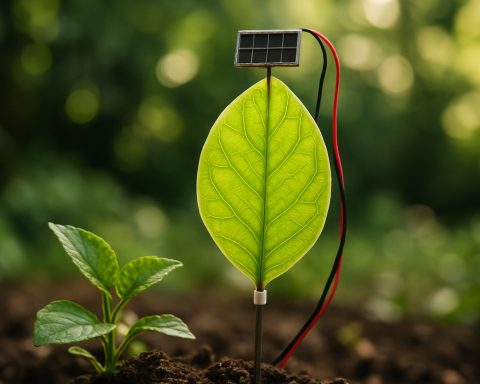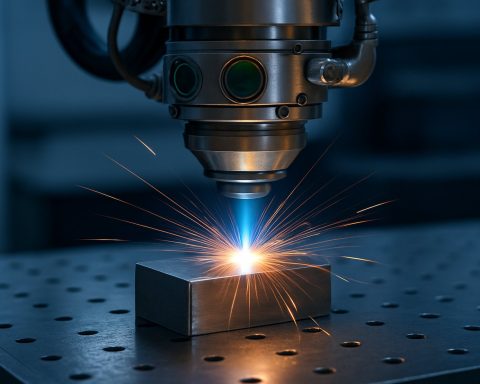- Porsche launches a pilot project transforming old EV batteries into sustainable power sources, emphasizing the circular economy.
- The project involves reclaiming raw materials like nickel, cobalt, manganese, and lithium through mechanical shredding into “black mass.”
- High-purity materials extracted from “black mass” are used to achieve Porsche’s performance standards in new EV batteries.
- Porsche aims to integrate recycled content into new battery cells, aligning with its sustainability-focused brand philosophy.
- Early adoption of these practices positions Porsche to meet upcoming EU battery mandates for recycled content and traceability by 2031.
- This initiative highlights Porsche’s leadership in sustainable vehicle production, redefining battery lifecycle management.
In an era where the auto industry races towards electrification, Porsche pivots sharply with a revolutionary venture: turning old, high-voltage EV batteries into tomorrow’s power source. The company has embarked on a groundbreaking pilot project, one that promises to reshape how electric vehicle manufacturers think about sustainability and resource use.
At the heart of Porsche’s initiative lies a bold ambition: reclaiming critical raw materials from used batteries through an innovative mechanical shredding process. As these defunct powerhouses are dismembered into a dark granulate known as “black mass,” they morph from waste into a trove of potential. This newfound resource holds coveted elements—nickel, cobalt, manganese, and lithium—all indispensable for crafting new energy cells.
The transformative journey doesn’t stop at creation. Porsche pushes the envelope further by refining this “black mass” to extract high-purity elements. These recovered materials are vital for replicating the performance excellence expected from Porsche’s new EV batteries. Consistency and purity emerge as non-negotiable tenets, ensuring that the resurrected raw elements meet the high standards that auto enthusiasts associate with Porsche’s emblem.
In an eloquent dance of technology and sustainability, the project’s third phase takes shape. Porsche’s sights are firmly set on integrating recycled content into new battery cells, ready for rigorous real-world testing. This daring venture mirrors Porsche’s broader strategy of weaving sustainability into the very fabric of its brand. A circular economy isn’t just a buzzword; it’s a guiding philosophy, promising to slash environmental impact and insulate the carmaker from the whimsy of geopolitical tremors in the global materials market.
More than a mere strategy, Porsche’s pilot project acts as a prelude to the future—a savvy maneuver to align with impending European Union battery mandates set to rise in 2031. This legislation will demand higher levels of recycled content and increased traceability, a move Porsche is poised to embrace with its early adoption of sustainable practices.
With this initiative, Porsche doesn’t just join the conversation on responsible resource use; it leads it, staking its claim as a vanguard in sustainable vehicle production. This isn’t merely about batteries; it’s about reimagining their lifecycle and championing a new era of environmentally conscious automotive design. Through innovation and foresight, Porsche gears up to redefine how we power our journeys, heralding a future where even the mightiest machine rests on simple, sustainable principles.
Porsche’s Revolutionary Approach to Battery Recycling: Paving the Way for Sustainable Automotive Innovations
Exploring Porsche’s Battery Recycling Initiative
In the rapidly electrifying auto industry, Porsche has made a groundbreaking move toward sustainability by spearheading a pilot project aimed at transforming old EV batteries into valuable resources. Here’s an in-depth analysis of Porsche’s initiative and its implications for the automotive world.
Key Facts About Porsche’s Battery Recycling Project
1. Sustainable Manufacturing:
Porsche’s project focuses not only on efficient production but also on sustainable resource use. By reclaiming critical raw materials from used batteries, Porsche reduces dependency on freshly mined resources, which often come with high environmental and ethical costs.
2. High-Purity Element Extraction:
Through an innovative mechanical shredding process, Porsche extracts elements such as nickel, cobalt, manganese, and lithium from a substance called “black mass.” These elements are crucial for manufacturing high-performance batteries and align with Porsche’s rigorous quality standards.
3. Circular Economy Model:
The initiative embodies the principles of a circular economy—reducing waste, reusing resources, and recycling materials, alleviating pressure on new raw material extraction, and minimizing ecological impact.
4. EU Battery Mandates Compliance:
By 2031, the EU will require higher levels of recycled content in batteries. Porsche’s early foray into integrating recycled materials prepares it to meet these forthcoming regulations efficiently, maintaining compliance and sustainability leadership.
How to Make Use of This Information
Understanding the Benefits:
– Environmental Impact: Recycling reduces landfill waste and conserves natural resources.
– Economic Savings: Utilizing recycled materials may lead to lower production costs in the long term.
– Enhanced Performance: Ensuring that recycled elements meet rigorous quality standards supports Porsche’s brand excellence.
Future Trends in Battery Recycling
1. Industry-Wide Adoption:
Other automakers may follow Porsche’s lead, amplifying the demand for recycling technologies and processes, and further driving down costs.
2. Technological Innovations:
As the project evolves, technological enhancements could improve material recovery rates and purities, making recycled content more competitive with new materials.
3. Global Policy Changes:
A shift towards stricter environmental policies worldwide could incentivize more manufacturers to invest in sustainable practices.
Insights and Predictions
– Long-Term Viability: If successful, Porsche’s pilot could set a benchmark for the industry, encouraging broader adoption of similar initiatives within the next decade.
– Market Expansion: Companies specializing in battery recycling technologies could see growth as demand for sustainable solutions increases.
– Consumer Perception: Eco-conscious consumers may increasingly favor brands demonstrating genuine environmental responsibility, potentially boosting Porsche’s market appeal.
Recommendations for Automotive Sector Enthusiasts
– Stay Informed: Follow industry updates on sustainable practices, as they will shape future automotive designs and technologies.
– Support Innovation: Favor vehicles and brands that prioritize sustainability and are proactively reducing their carbon footprint.
For more industry trends and sustainable automotive practices, visit Porsche.
This revolutionary leap by Porsche exemplifies how cutting-edge technology and environmental stewardship can coexist, leading to a more sustainable and innovative future in the automotive industry.









